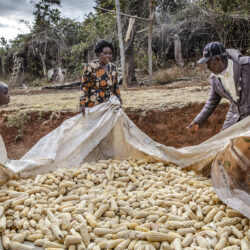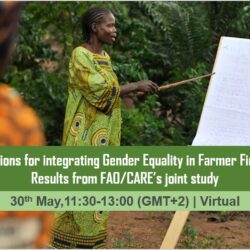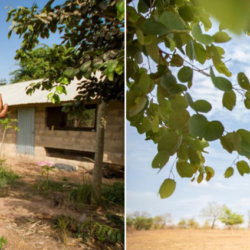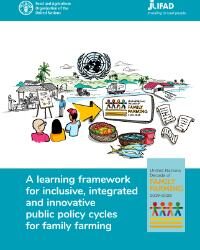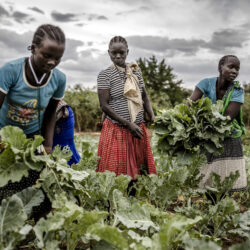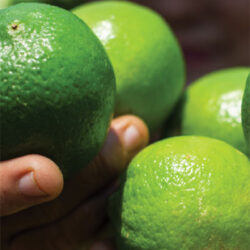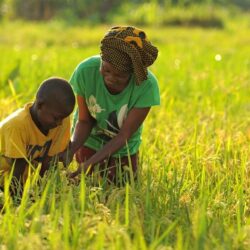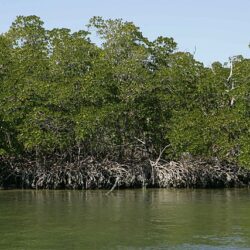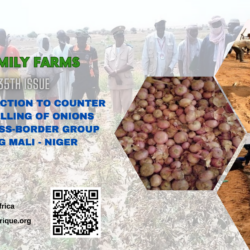Family farming and climate-resilient agrifood systems
Food and agricultural production practices applied by family farmers – including agroecological and integrated systems; recycling of nutrients, energy and waste; natural pest control; crop diversification; and efficient management of natural resources and soil health – present promising opportunities to address climate change given that they allow high-level adaptation capacity to new environmental circumstances. This adaptation capacity is embedded in the local knowledge that is being continuously renewed through observations

